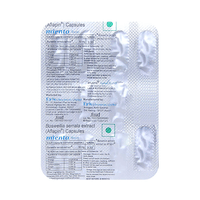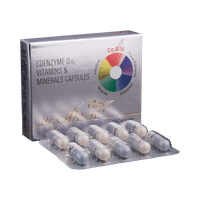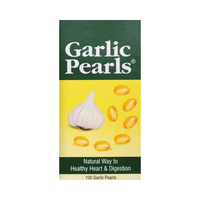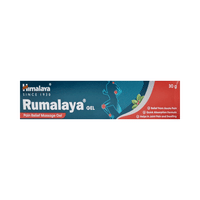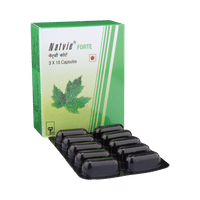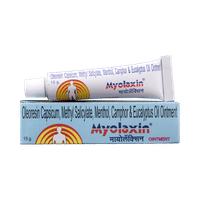Rs.159for 1 strip(s) (15 tablets each)
food interaction for Targit Tablet
alcohol interaction for Targit Tablet
pregnancy interaction for Targit Tablet
lactation interaction for Targit Tablet
food
alcohol
pregnancy
lactation
Targit 80 Tablet may be taken with or without food.
None
None
CAUTION
Alcohol should be used with caution while taking Targit 80 Tablet.
CAUTION
Targit 80 Tablet is highly unsafe during pregnancy. It can cause serious harm to the unborn baby, including birth defects and pregnancy loss. Do not use this medicine if you are pregnant or planning to become pregnant.
UNSAFE
Targit 80 Tablet may be unsafe to use during breastfeeding. Limited human data suggests that the drug may pass into the breastmilk and harm the baby. It should be used only if the expected benefit outweighs the potential risk. Please consult your doctor.
CONSULT YOUR DOCTOR
SALT INFORMATION FOR Targit 80mg Tablet
Telmisartan(80mg)
Targit tablet uses
{med_name} is used in the treatment of Hypertension (high blood pressure), Heart Failure and prevention of heart attack and stroke. It is a very effective medicine for these uses.
How targit tablet works
Targit 80 Tablet is an angiotensin receptor blocker (ARB). It relaxes blood vessels by blocking the action of a chemical that usually makes blood vessels tighter. This lowers the blood pressure, allowing the blood to flow more smoothly to different organs and the heart to pump more efficiently.
Common side effects of targit tablet
Back pain, Sinus inflammation, Skin ulcer, Intermittent claudication, Diarrhea
SUBSTITUTES FOR Targit Tablet
308 Substitutes
308 Substitutes
Sorted By
 Rs. 99.14save 8% more per Tablet
Rs. 99.14save 8% more per Tablet Rs. 82save 24% more per Tablet
Rs. 82save 24% more per Tablet Rs. 165.90pay 4% more per Tablet
Rs. 165.90pay 4% more per Tablet Rs. 109.20pay 3% more per Tablet
Rs. 109.20pay 3% more per Tablet Rs. 109.20pay 1% more per Tablet
Rs. 109.20pay 1% more per Tablet
Expert advice FOR Targit Tablet
- Take it at the same time each day to maintain stable blood pressure levels.
- Drink plenty of water to stay hydrated while on this medication.
- Regularly check your blood pressure to ensure the medication is working effectively.
- Limit alcohol intake as it can lower blood pressure and increase side effects.
- Do not stop taking Telmisartan suddenly without consulting your doctor, as this can worsen your condition.
- Incorporate a healthy diet and regular exercise to enhance the effectiveness of the medication.
Frequently asked questions FOR Targit 80mg Tablet
Telmisartan
Q. Should Targit 80 Tablet be taken in the morning or at night?
Targit 80 Tablet is generally recommended to be taken once daily, either in the morning or in the evening. Consider taking it at the same time each day as it will help you to remember taking it.
Q. How long does it take for Targit 80 Tablet to work?
You may see an improvement within a few days. But, the maximum benefit can be seen within 4-8 weeks of starting treatment.
Q. My blood pressure is now controlled. Can I stop taking Targit 80 Tablet now?
No, do not stop taking Targit 80 Tablet without consulting your doctor even if your blood pressure is controlled. Stopping it suddenly may increase your blood pressure which could be detrimental for you. Targit 80 Tablet does not cure high blood pressure but controls it. So, you may have to take the medicine lifelong. Talk to your doctor if you have any concerns.
















